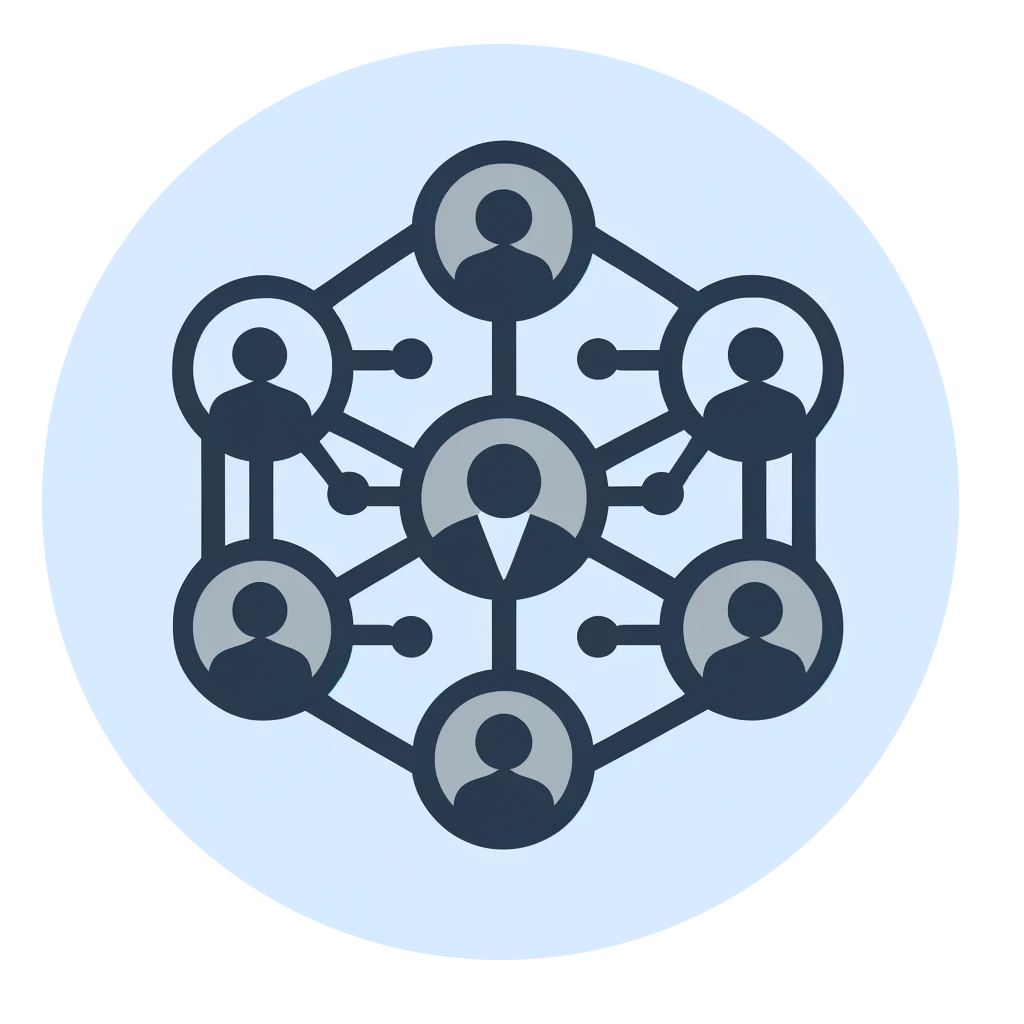MALLM orchestrates multiple LLM agents to solve tasks. Mix & match the following components to explore
Response Generator
- Simple: Neutral free-text answers with minimal prompting.
- Critical: Focuses on spotting weaknesses, questioning assumptions, and proposing alternatives, ideal for stress-testing ideas.
- Reasoning: Publishes a structured chain-of-thought (analysis → alternatives → conclusion). Only reasoning is shared, forcing each agent to derive its own final answer.
Persona Generator
- No Persona: Minimal "Participant N" placeholder, ideal baseline without persona influence.
- Expert: Creates domain experts such as Historian, Software Engineer, or Chef tailored to the task topic, boosts subject knowledge.
- IPIP: Builds personalities along the Big-Five trait continua:
• Extraversion (Social ↔ Quiet)
• Agreeableness (Cooperative ↔ Assertive)
• Conscientiousness (Organized ↔ Unreliable)
• Neuroticism (Passionate ↔ Calm)
• Openness (Curious ↔ Cautious)
Discussion Paradigm
- Memory: All agents share a global memory, everyone sees everything; leads to rapid convergence.
- Relay: Telephone-style chain; each agent only sees the last message, encourages diverse reasoning paths.
- Report: Each agent observes the environment independently and submits a report to a central coordinator.
- Debate: Agents argue in alternating pairs while a judge agent decides after each exchange, great for pros/cons exploration.
Decision Protocol
- Majority Consensus (≥ 50 %): Stops when over half of the agents agree on the same answer.
- Unanimity Consensus (100 %): Continues until every agent agrees, maximises certainty.
- Simple Voting: After a preset number of turns (default 3), each agent casts a single vote; most votes win. Ties trigger another round.
- Approval Voting: Agents can approve any number of acceptable answers; answer with most approvals wins.
